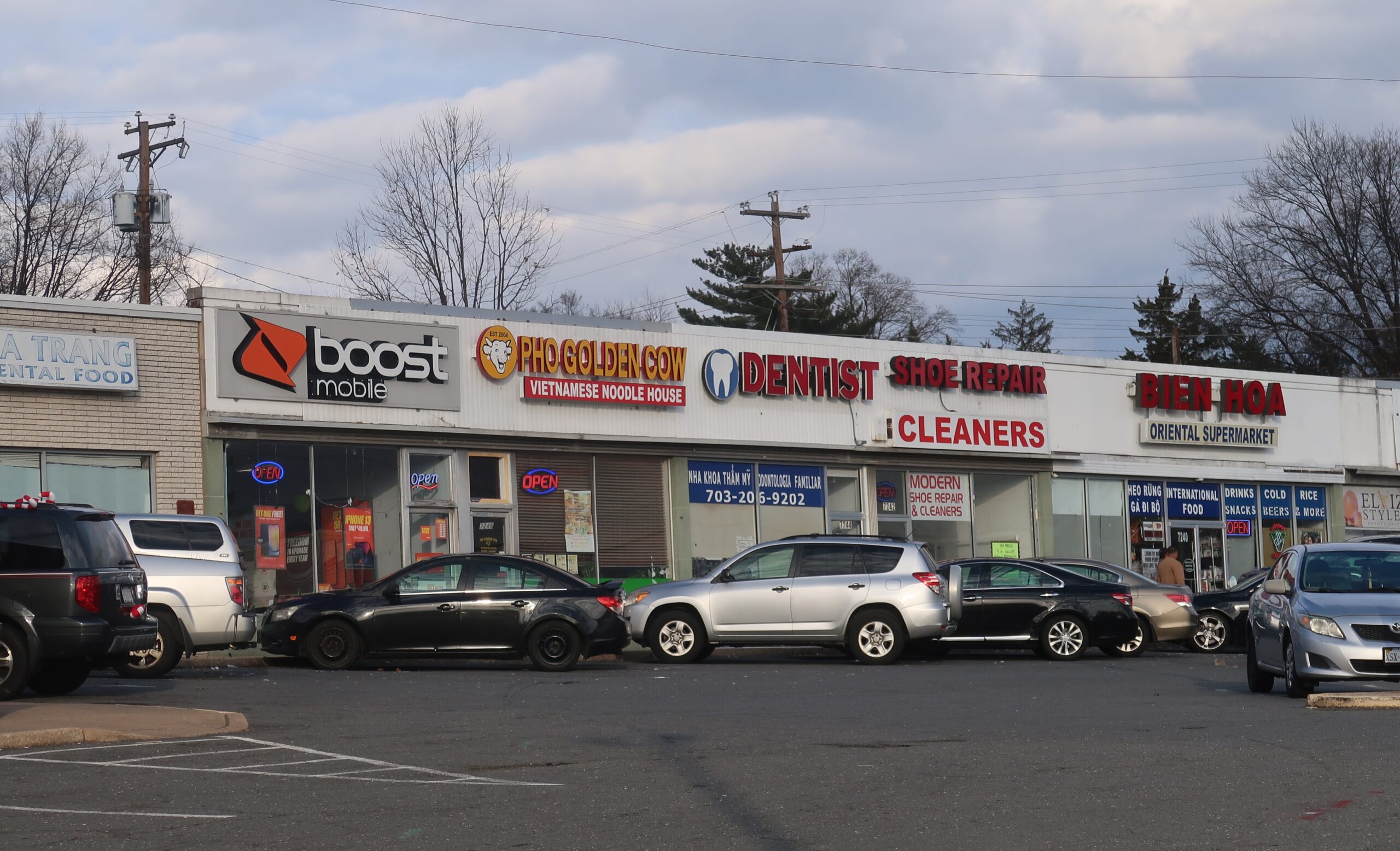Bussiness
3 Big Things Going On At OpenAI: Business Changes, And AI Evolution

ANKARA, TURKIYE – JANUARY 9: In this photo illustration ‘OpenAI’ logo is displayed on a mobile phone … [+]
It’s a company that has become a household name, and a leader in its field. People are even recognizing the name Sam Altman, as representing the ‘Godfather of AI,’ as we move into this era where artificial intelligence has a greater and clearer impact on how we live and work.
And there’s a lot going on at OpenAI, too. Gone are the days when the most famous and prominent companies simply manufactured products and dreamed up ingenious advertising.
Part of what we should consider when looking at a firm like OpenAI is that in the artificial intelligence age, a lot of this is more about handling the lightning-quick advance of innovation than it is about business.
Think about past big inventions like electricity. There were business questions to solve, but there were also critical questions about infrastructure, and how societies should manage the most powerful elements of their markets.
Anyway, I think that if you look at these three brand new pieces of news around the industry leader, you’ll see some big clues as to what expert in business leaders will be looking at as we move forward in 2025.
Dominating Search
To put it simply, Google dominated search through the last decade.
Its browser-based search engine was cutting-edge when it was first developed. But not anymore. ChatGPT is taking over. Last week I wrote about how Sam Altman himself says that the biggest thing he uses ChatGPT for his search. That tracks with a lot of user surveys and other pieces of information that you can easily find on the web.
I read this essay by Chuck W. Nelson about how OpenAI is eating Google’s lunch in terms of search. He makes some good points about how searching needs to be intuitive, and how Google’s interface has become cluttered overtime. But there’s a greater point here, and he also covers that – that it’s fundamentally different to ask a question directly to an AI entity than it is to put keywords into a text box…
“It’s active intent searching,” Nelson writes. “Plus, it’s conversational. We are trained monkeys to be able to keep asking questions, with the context of the information that came before. It’s simple because we are use(d) to it.”
In other words, with ChatGPT, we’re asking the model how to solve problems for us – how to bring us information, and even how to understand what we’re looking for. I’ll get back to that in a moment, but the second point is more of a business issue.
News on OpenAI’s Corporate Structure
On December 27, the OpenAI board put out a sort of notice online that talks about where the company is headed.
For a while, it was clear that OpenAI was going to pursue a sort of hybrid of a non-profit and for-profit structure. This was criticized by some who felt like the company needed to remain entirely non-profit. At the same time, OpenAI is getting billions and billions of dollars in funding, as I covered previously.
In the board’s missive, the writers go into how they will continue to keep both of these arms working.
The piece also covers OpenAI‘s rise, its founding as a lab in 2015, and as a startup in 2019, and then later, the unveiling of ChatGPT for the first time.
The rest is history.
The writers even use the word “bespoke” to talk about OpenAI’s structure, which seems a little trite, but also points to one of the main ideas here – that there has never been a company like this in history, and that we’re standing at a profound crossroads, on the brink of a hockey-stick projection that’s going to astound people who weren’t paying attention.
More from the board:
“Our impact is not just what we create ourselves, but how we influence others. In part due to our progress, there’s vibrant competition in the space, from commercial products similar to ChatGPT to open source LLMs, and vigorous innovation on safety. This activity is only the start of an AI-charged economy and shows how OpenAI’s pursuit of leadership in the field can inspire other organizations to advance the mission too.”
Who’s a Smooth Operator?
Okay, the last piece of information here is big, and again, this is sort of new news.
It’s the idea that OpenAI is quietly, behind the scenes, preparing an AI agent that will use your computer for you.
Here’s a piece where Amanda Caswell at Tom’s Guide reports on this nascent technology, citing a Bloomberg report.
“These agents could revolutionize productivity by tackling everything from writing complex code to booking your next flight,” Caswell writes. “According to the report, this innovation represents the next chapter in AI’s evolution as we move beyond the conversational tools of ChatGPT and towards systems that take actionable steps.”
Unsurprisingly, ChatGPT doesn’t know about anything called ‘OpenAI Operator’ or have any information on this project. But the Google-based search world does, which is why sometimes you might still need to use the traditional way , especially if you’re talking about OpenAI secrets.
Having said that, even the human user might become obsolete if OpenAI can do things on the computer on your behalf.
Many of those who are following along are familiar with Anthropic‘s Claude model, so the idea of an AI agent sitting down to a laptop isn’t brand-new. But The idea that OpenAI as a company is developing this – well, I had not heard that before this month.
When you take all three of these things in combination, and add in a lot of other news, like the progressive reasoning models currently in development, you come away with a realization (at least I did) that all of this is going to be a lot more frenetic and sudden than we thought a year ago.





/cdn.vox-cdn.com/uploads/chorus_asset/file/25813560/monitors.jpg)



